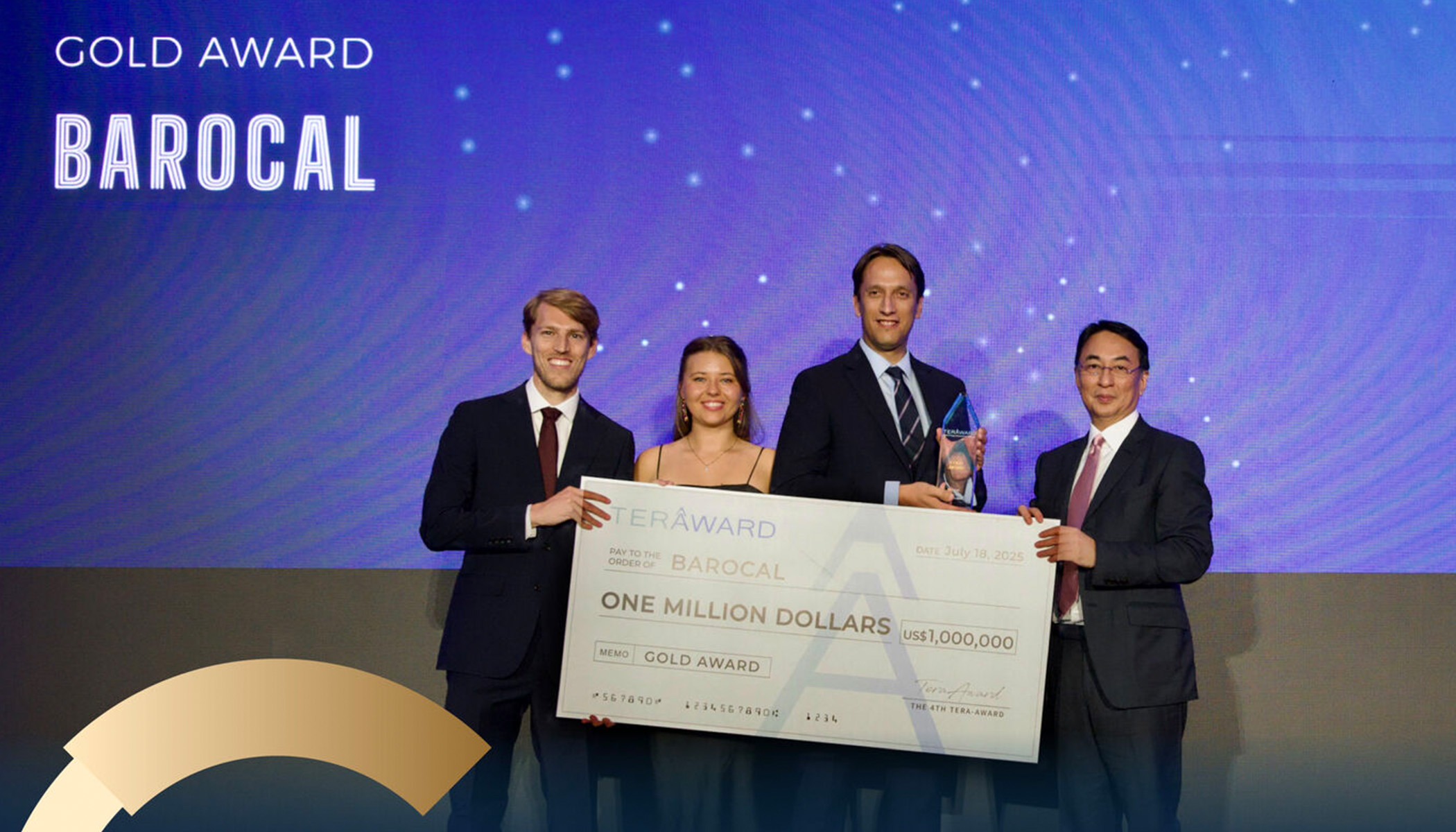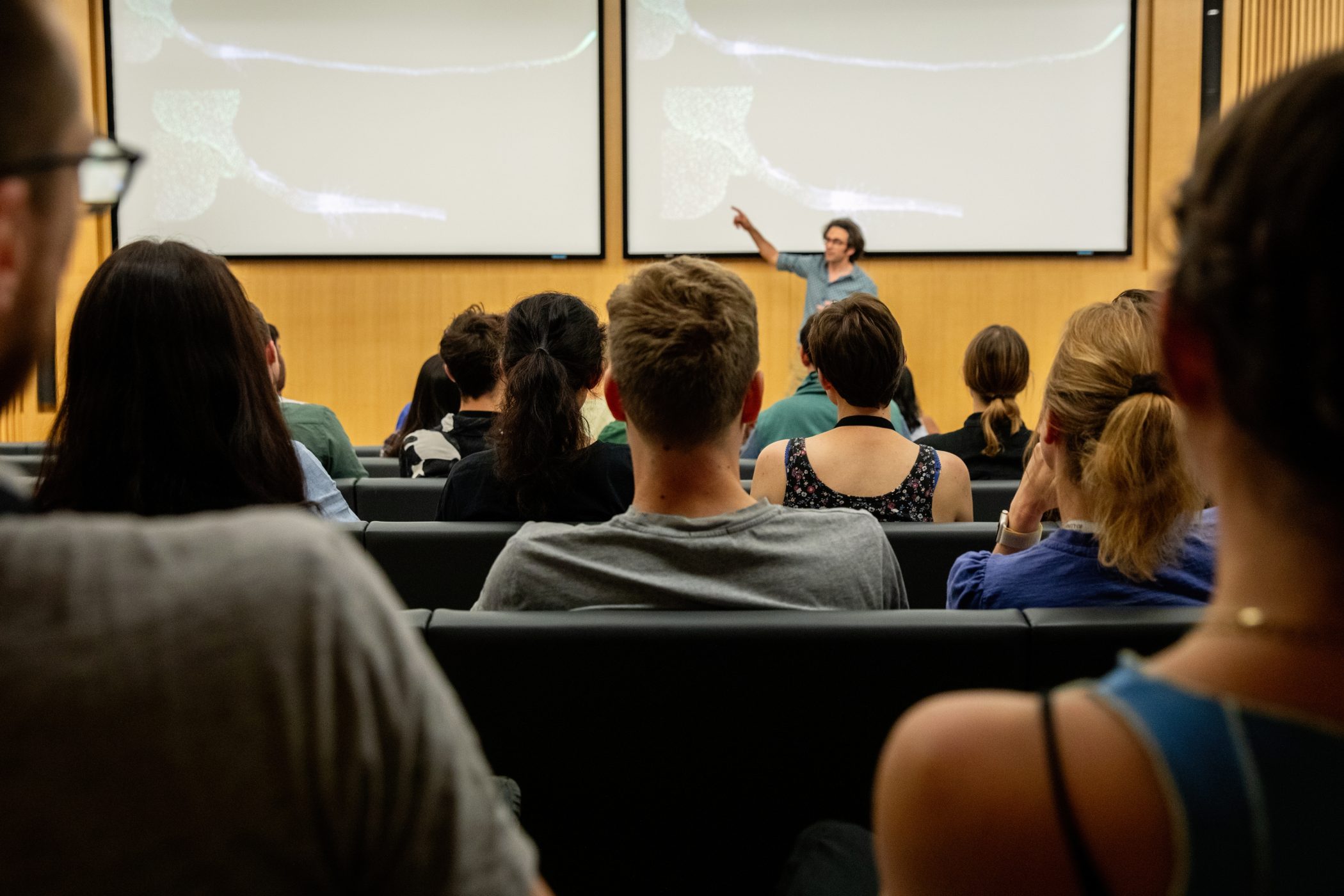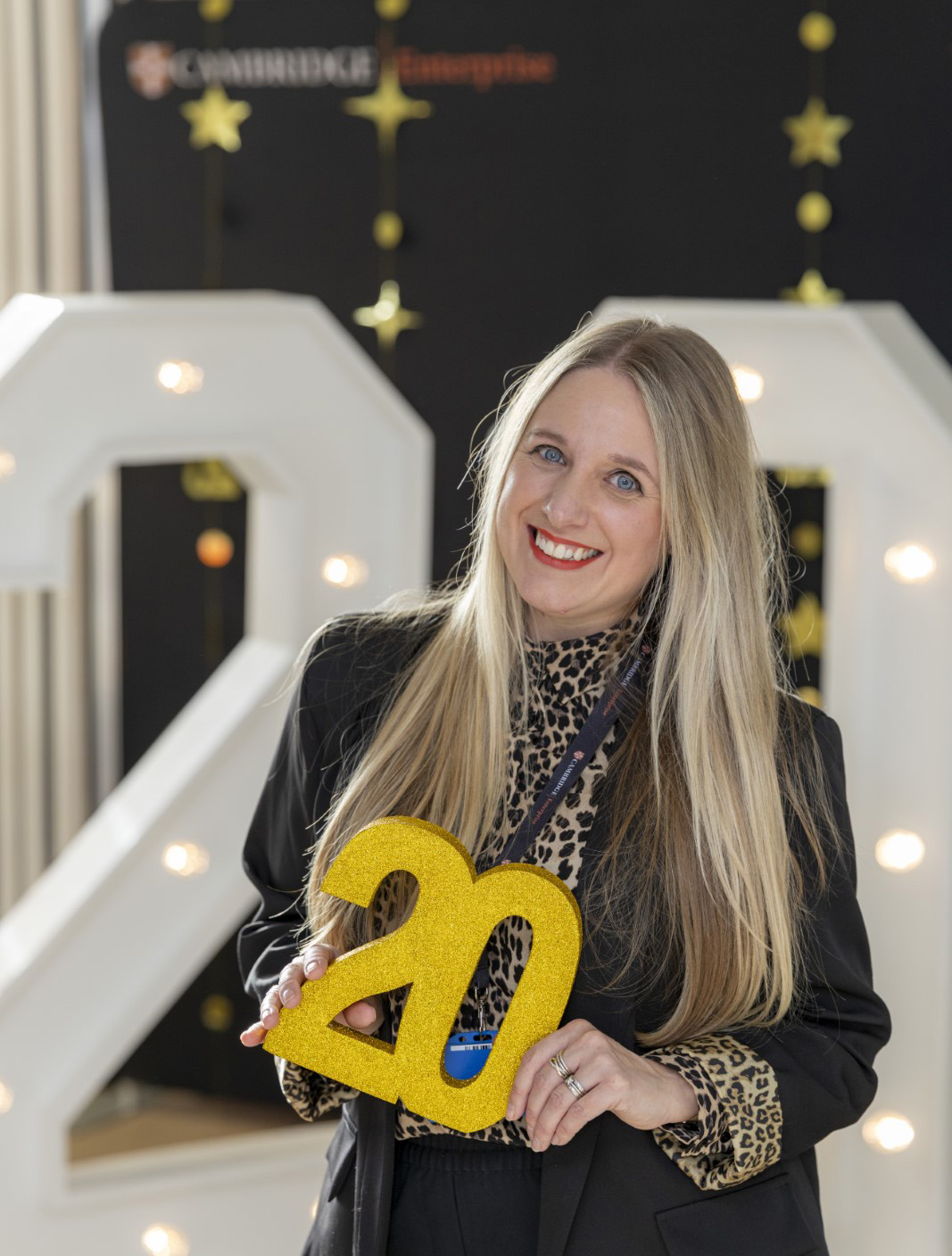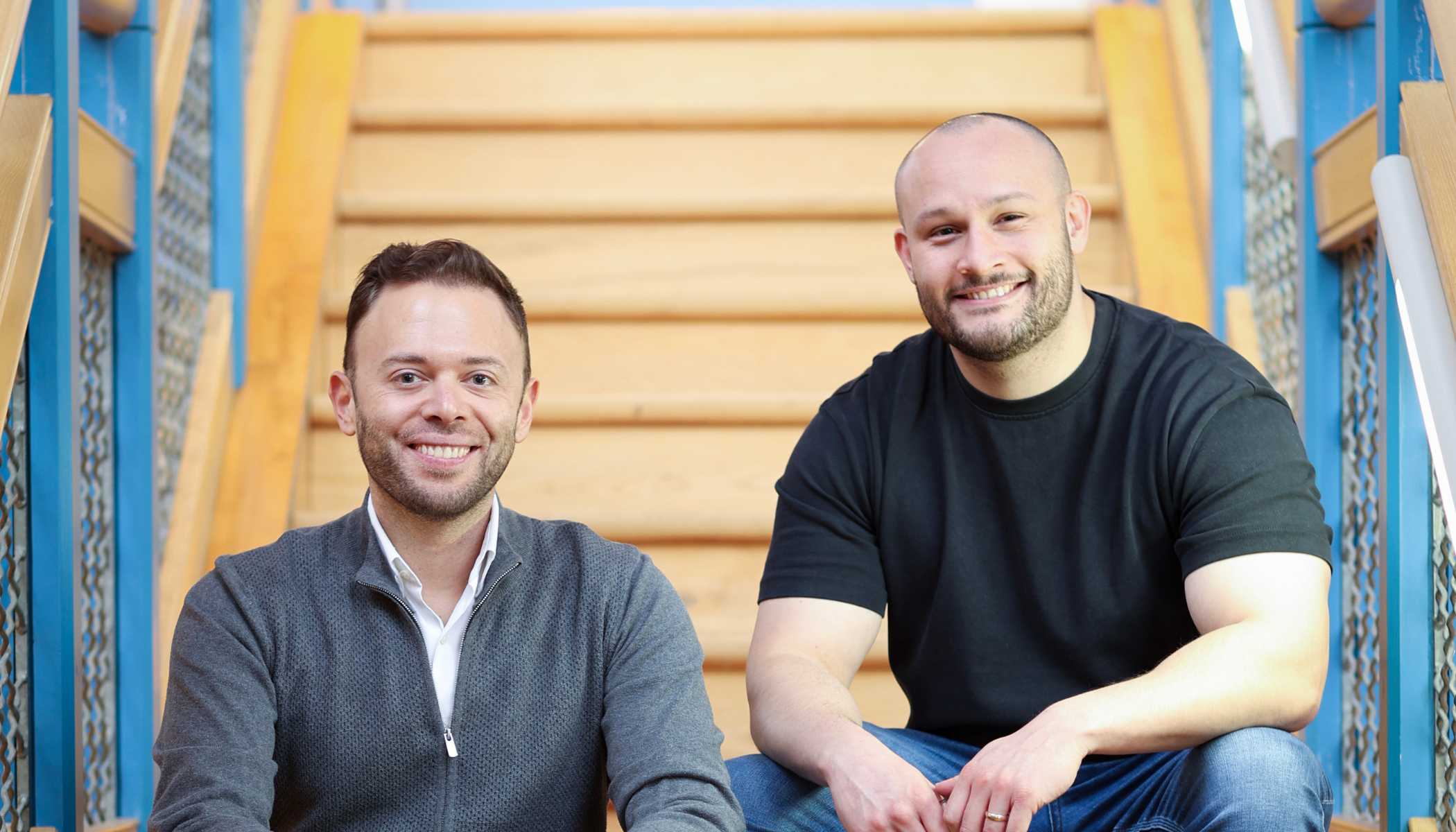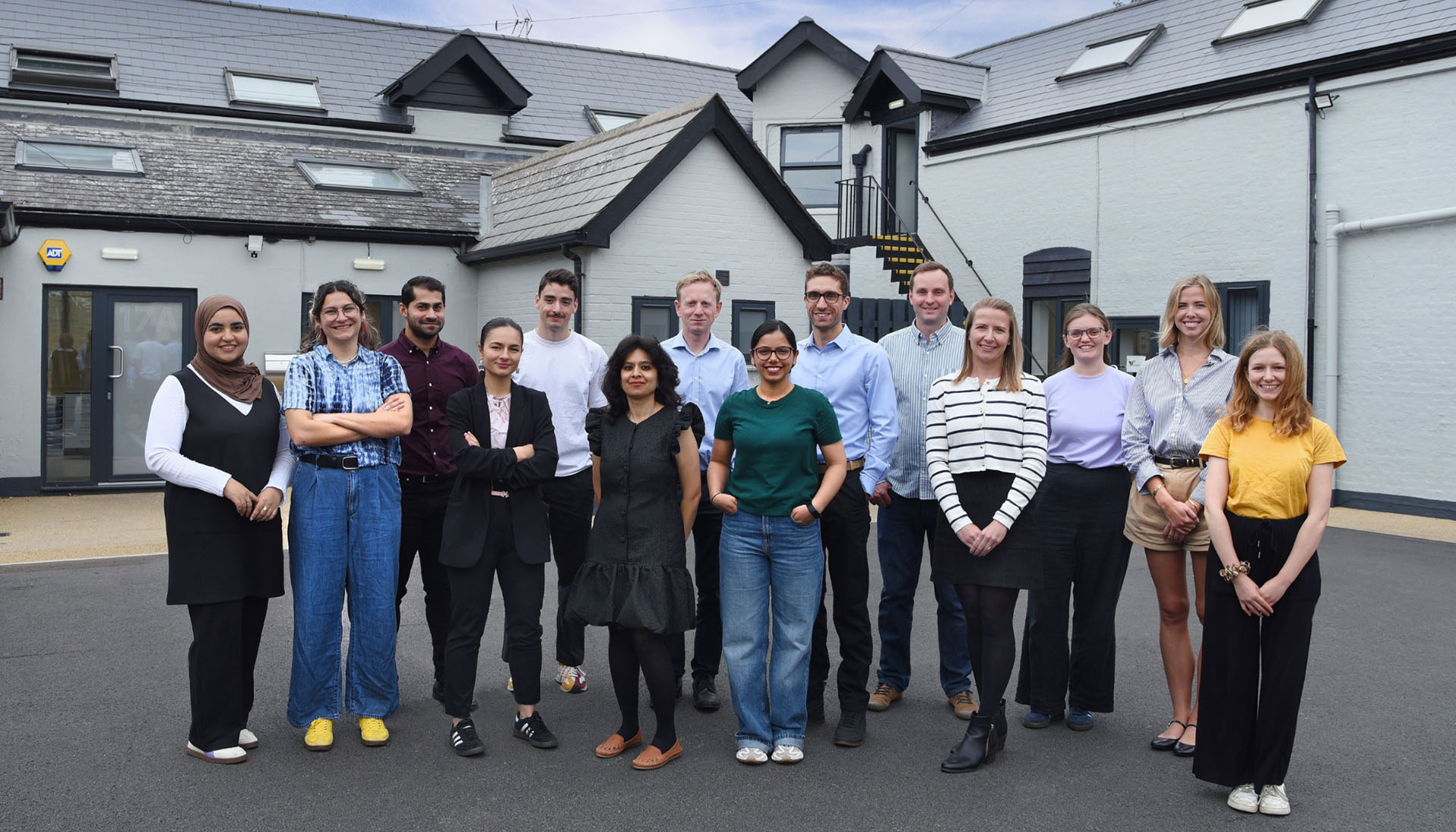Cambridge hosts TERA-Award for first time, with Barocal the $1m winner
VenturesThe fourth Asia-based smart energy innovation TERA-Award ceremony was held in Cambridge – the first time it has been held outside Hong Kong.
Organised by London-based Full Vision Capital, the competition has established itself as a premier global platform for identifying and nurturing tomorrow’s innovative energy solutions.
More than 100 industry leaders, entrepreneurs, scientists, investors, scholars and partners attended the ceremony at King’s College.
Dr Peter Lee, principal of Full Vision Capital and founder of the TERA-Award, and Dr Martin Lee, honorary chairman of Full Vision Capital, led the first overseas mission to promote the TERA-Award.
An innovation showcase and forum were held on the same day. The forum explored global clean energy trends and the role of collaboration in the energy transition. TERA-Award alumni and start-ups also shared progress and exchanged ideas with investors and innovators.
This year, among 785 entries from 76 countries and regions, there were winners from Australia, China, the UK, the US, Singapore and Spain, reflecting the growing international appeal and impact of the contest.
The gold award – and $1million – went to Cambridge-based Barocal, whose breakthrough solid refrigerants deliver unprecedented efficiency and are inexpensive and safe. Based on over a decade of research at the University of Cambridge, Barocal’s innovation delivers up to three times the energy efficiency of traditional systems.
Conventional air conditioning uses gas, which is inherently inefficient, prone to leaking and difficult to handle, with some conventional refrigerants used in air conditioners 1,000 more damaging than CO2.
The homegrown technology eliminates harmful refrigerants and boosts energy efficiency, offering a sustainable air conditioning and refrigeration solution.
Until Barocal, using aircon has been a short-term solution which adds significantly to global warming even as we’re cooling ourselves.
Barocal founder Professor Xavier Moya spent 15 years in Cambridge identifying an incredible ‘barocaloric’ material that is far more efficient than gas – a gas that is also cheap and abundant.
The resulting platform is being trialled with unnamed multi-nationals.
“We’re incredibly grateful to Dr Peter Lee and Alan Chan and the Full Vision Capital teams, and the judging panel led by Prof Yi Cui, for recognising and supporting Barocal’s mission.”
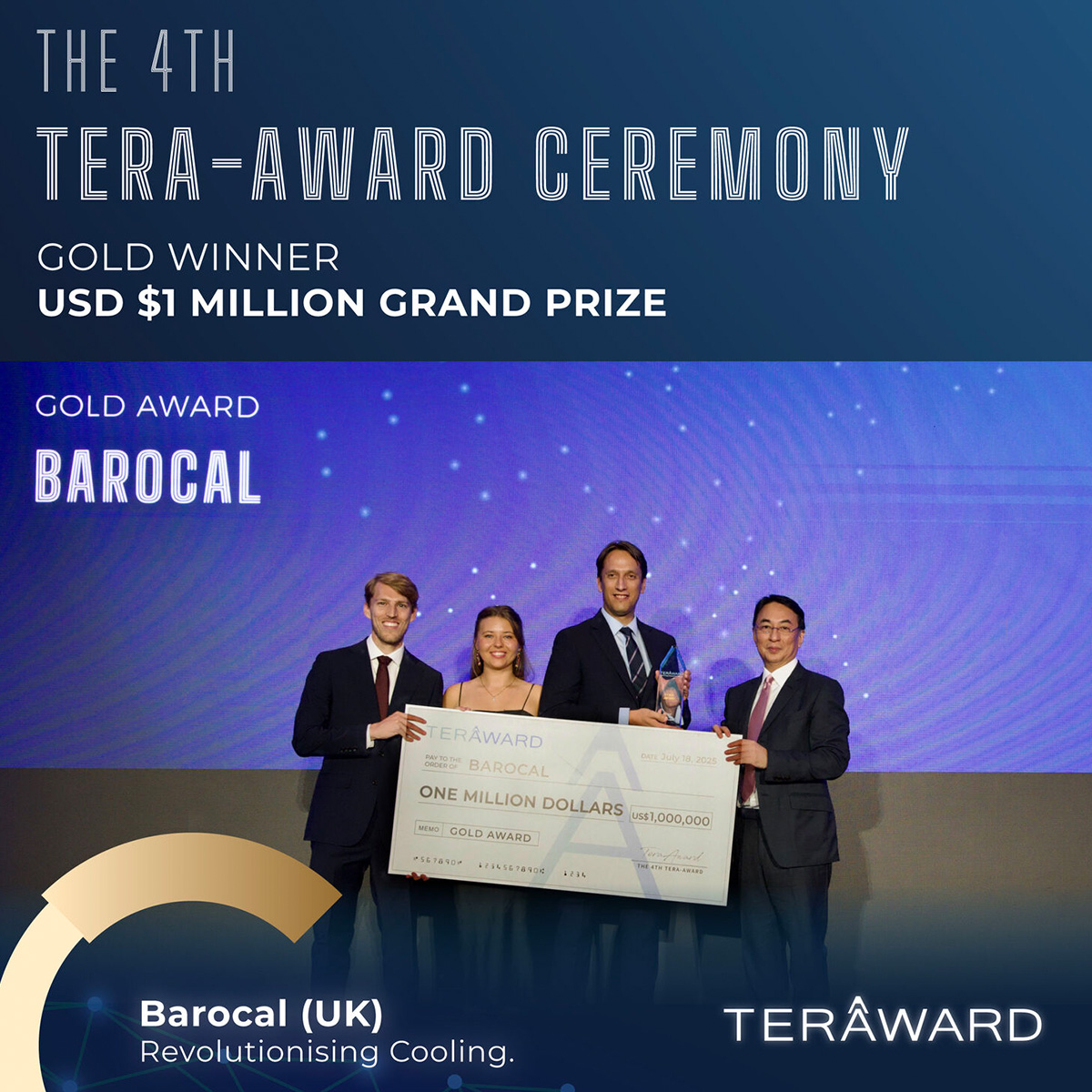
A spokesperson for Cambridge Enterprise congratulated the Barocal team for “a fantastic achievement for a truly transformative innovation” and added:
“Barocal’s pioneering approach to cooling, using pressure-powered organic crystals, is a major step forward in tackling one of the world’s most pressing climate challenges.”
“By eliminating harmful refrigerant gases and improving energy efficiency, their technology could help avoid up to 75 gigatonnes of CO2-equivalent emissions by 2050″
“We’re proud to support Barocal as they continue to scale and are poised to make a meaningful impact across a broad range of sectors.”
Dr Lee said that hosting the TERA-Award overseas is a key step in expanding its global footprint.
“We’re building a close-knit and growing network for innovators, investors, and partners,” he noted. “Through targeted support and incubation, we’ve seen many successes from past winners, and we look forward to helping more start-ups thrive.
“Entrepreneurship is a road filled with obstacles, particularly in the energy sector. The TERA-Award is a bridge between ideas and markets, where they can make transformational impacts on lives and the planet.”
The fourth TERA-Award was supported by the Hong Kong Investment Corporation, InvestHK, the UK’s Department for Business and Trade, and Kerogen CelerateX.
This article originally appeared in the Cambridge Independent on 30 July 2025. With thanks and credit to Mike Scialom for his reporting on this fantastic news.



